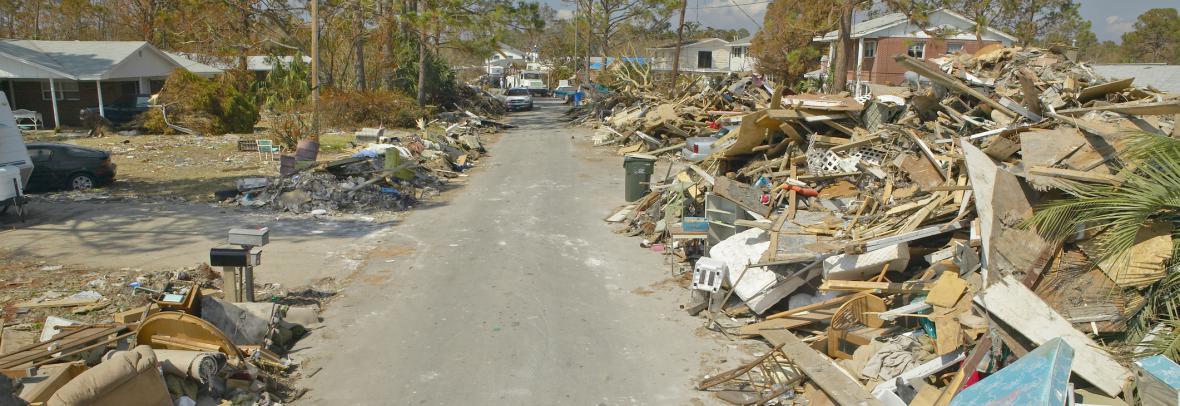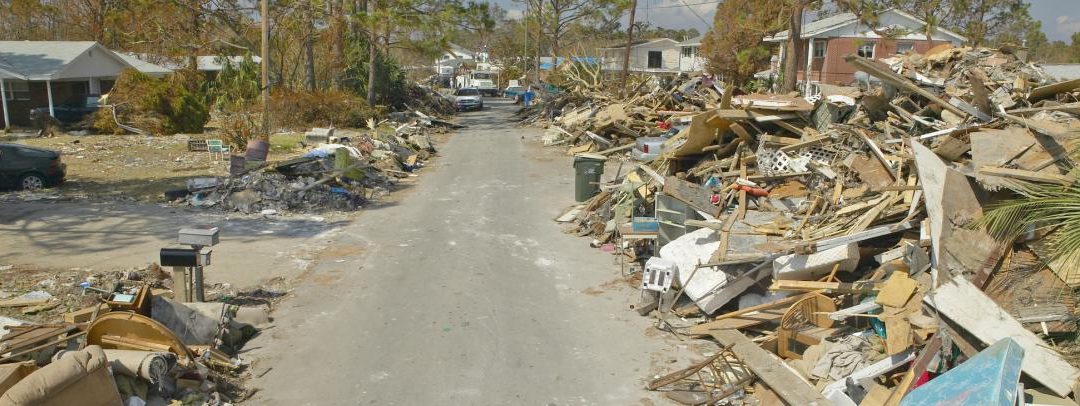
Preparation is the key to navigating hurricane damage. Before any storm, check insurance policies for coverage and take a home inventory.
FORT LAUDERDALE, Fla. – Question: With hurricane season heating up, I am concerned I will not know what to do if a storm damages our house. How can we be prepared and ensure that insurance will pay up? — Maritza
Answer: From the legal perspective, dealing with hurricanes is similar to other casualty losses, such as fires or floods. To best navigate these tragedies, you must be prepared before the loss and react appropriately after it occurs.
First, you should check your insurance policies to ensure you have all the coverage you need. Because of the rapid increases in housing prices, make your insurance policies cover your home’s current value.
Get electronic copies of your important papers by either asking for them or scanning them yourself, and store them in a secure cloud repository. You should also invest in a fire and flood-resistant lockbox to keep copies and essential originals.
Take lots of photos of your home and possessions and store them as part of your home inventory securely in the cloud so that you can prove what you had if the worst happens. Make a habit of updating this inventory at least annually.
If your home does suffer a casualty, remember that possessions can be replaced while people cannot, so do not endanger yourself over things.
If safe, make emergency repairs, such as covering a broken window, so the damage does not worsen.
While it is tempting to start the cleanup immediately, call your insurance company first to start the claim process and give them a chance to document the loss. Take more photos to help you substantiate your losses, and write everything down, such as who you spoke with and what was said.
Hopefully, legal action will not be necessary, but your attorney will be grateful for the thorough documentation if it is.
In the days after the loss, you will likely be inundated with solicitations for repair and clean-up services. Refrain from signing anything vague or that you do not understand. Carefully vet contractors, ensuring they have a solid history in your local area.
While your insurance company can be a good resource, you should call an experienced attorney to learn your rights.
And it bears repeating, so I will: Never sign anything you do not entirely understand or that does not have everything you were promised in writing.
Copyright © 2024 South Florida Sun Sentinel, Gary M. Singer. All rights reserved.
Go to Source
Author: amyc



